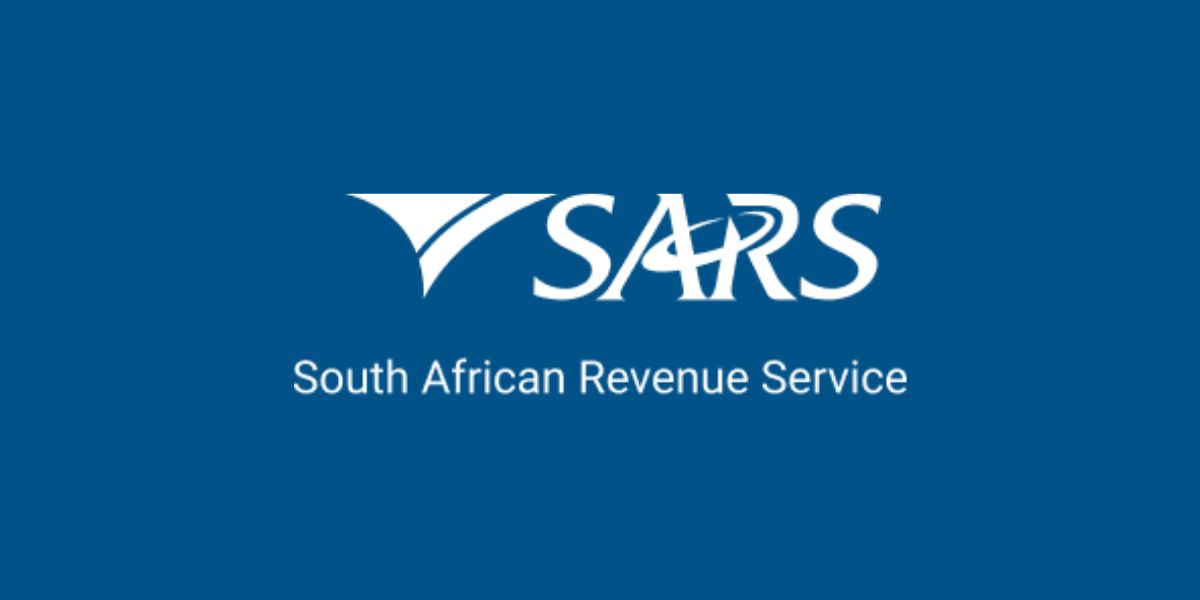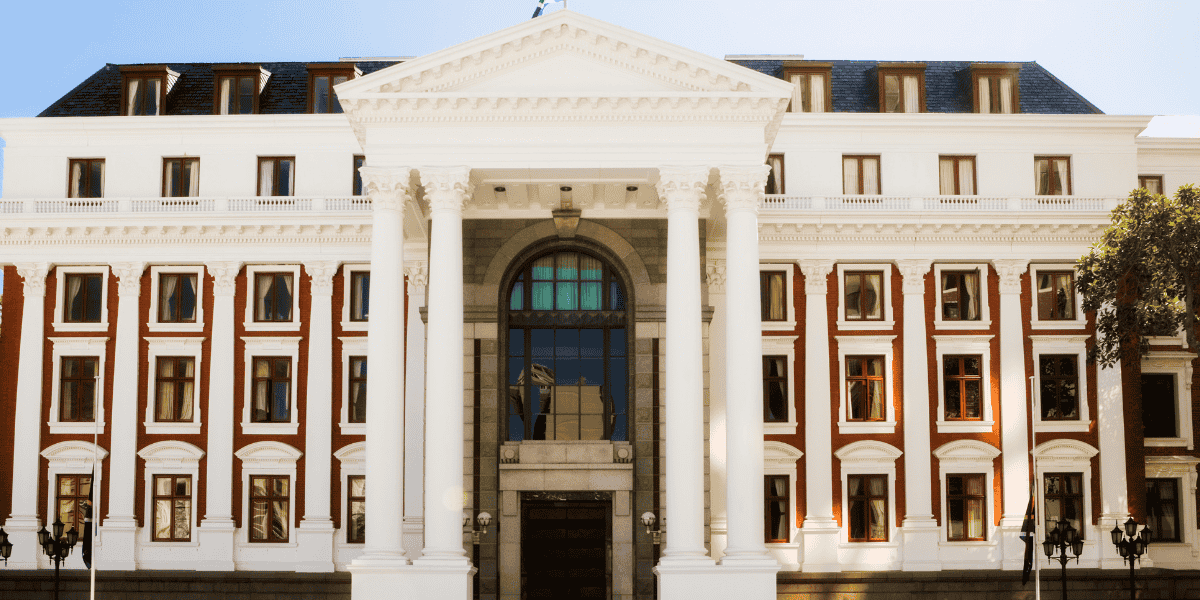On 20 February 2019, Tito Mboweni (South Africa’s Minister of Finance) presented the Budget 2019 in the parliament. The budget proposal would not increase taxes in any category but proposed to increase tax collection by not adjusting for inflation and improving the efficiency of SARS. The key proposals include:
- From 1 June 2019, carbon tax will be introduced at the rate of SAR 120 per ton of carbon dioxide equivalent. Carbon tax on fuel (in addition to the current levies imposed on fuel) at a rate of 9 cents per liter for petrol and 10 cents per liter for diesel, effective 5 June 2019;
- Excise duties on tobacco and certain alcoholic products will be increased of between 7.4 and 9 per cent, effective 20 February 2019;
- Health Promotion Levy (HPL) will be increased 2.21 cents per gram (previously 2.1 cents per gram) of the sugar content that exceeds 4 grams per 100ml;
- South African residents, who spend more than 183 days in employment outside the country, will be subject to South African taxation on any foreign employment income that exceeds R1 million from 1 March 2020. It is proposed that South African employers will be allowed to reduce the monthly employees’ tax withholding by the amount of foreign taxes withheld on the same employment income to prevent a monthly withholding of income tax both in South Africa and the host country;
- It is proposed that the rules governing share buy-backs and dividend stripping be modified in a bid to address the abuse of disguised sale of shares using share buy-backs. These amendments will be effective as of 20 February 2019;
- Proposed amendments to the special interest deduction relating to debt-financed acquisitions of controlling shares in an operating company;
- Additional robust measures to be introduced in the controlled foreign company rules to address the circumvention of the anti-diversionary rules;
- The definition of ‘affected transaction’ in the transfer pricing rules in the Income Tax Act will be reviewed and possibly amended in line with the OECD model definition to include transactions between associated enterprises;
- The anti-avoidance measures relating to transactions between a company and its connected persons under the Special Economic Zone tax regime will be reviewed to address the unintended consequences to legitimate business transactions;
- From 1 April 2019, the definition of “group of companies” for electronic services regulations will be reviewed to clarify the related exclusion;
- The energy-efficiency savings tax incentive which, if certain requirements are met, provides companies with an additional tax deduction for energy-efficient investments will be extended until 31 December 2022;
- 1% levy on Gambling activities in 2019 draft legislation will be published for public comment to fund rehabilitation and awareness-raising programs;
- The current oil and gas tax regime is to be reviewed in 2019;
- Government intends to introduce tax on electronic cigarettes and tobacco heating products.













